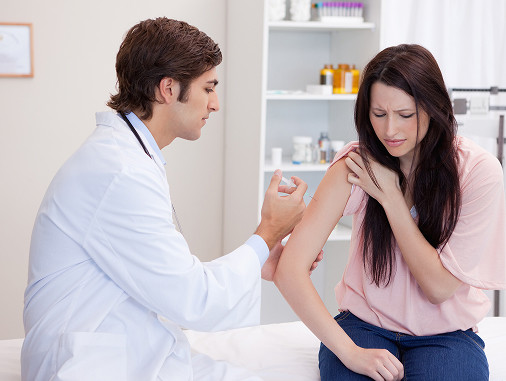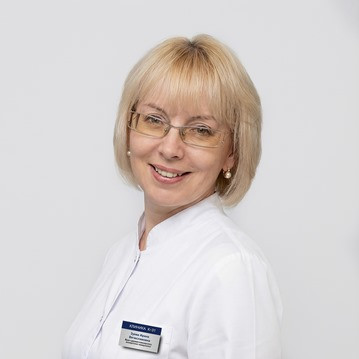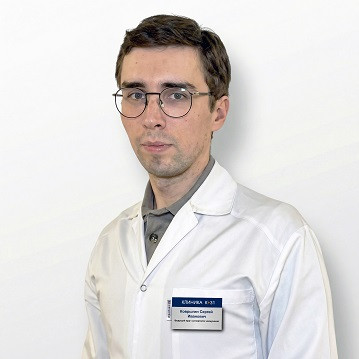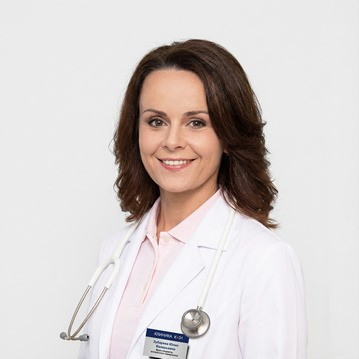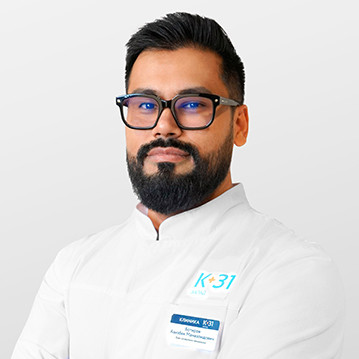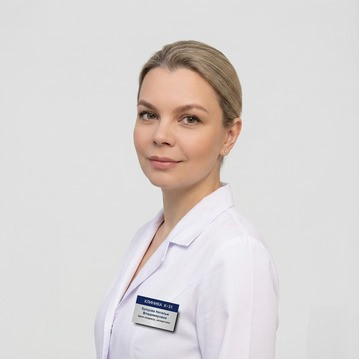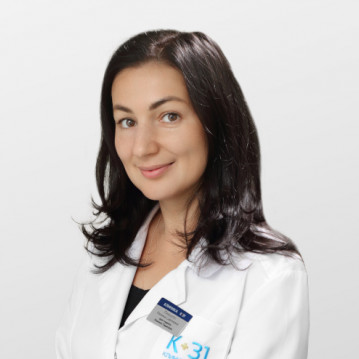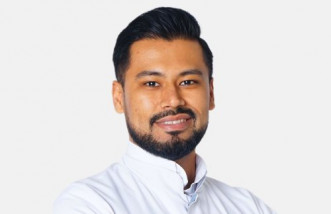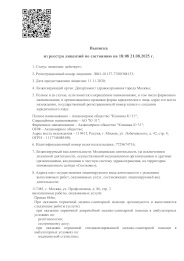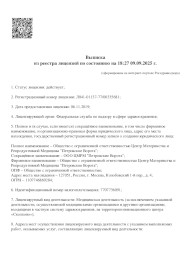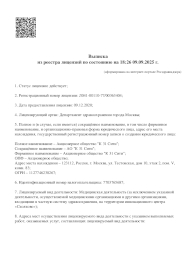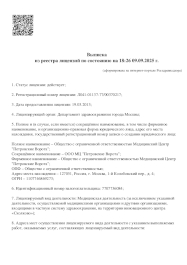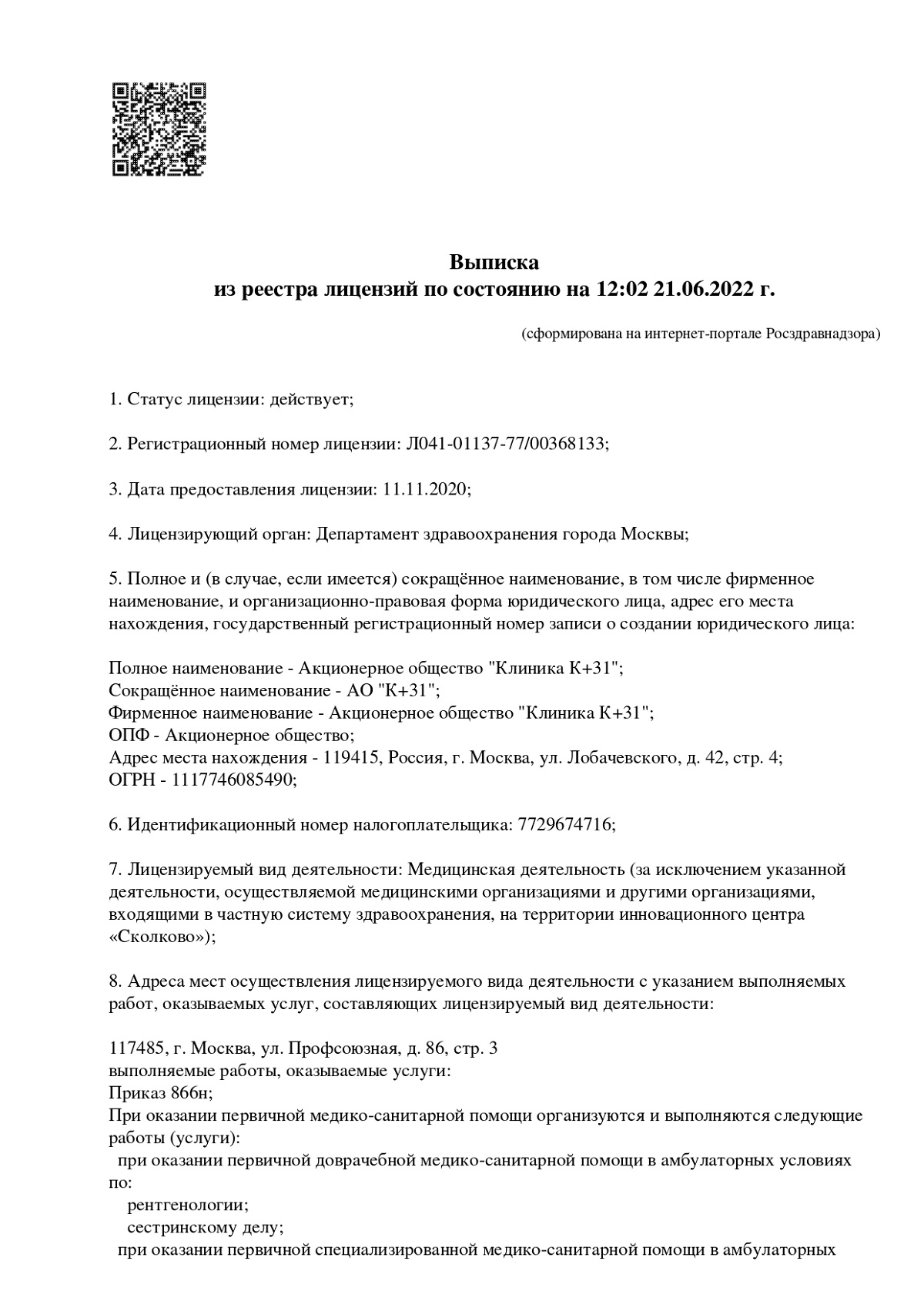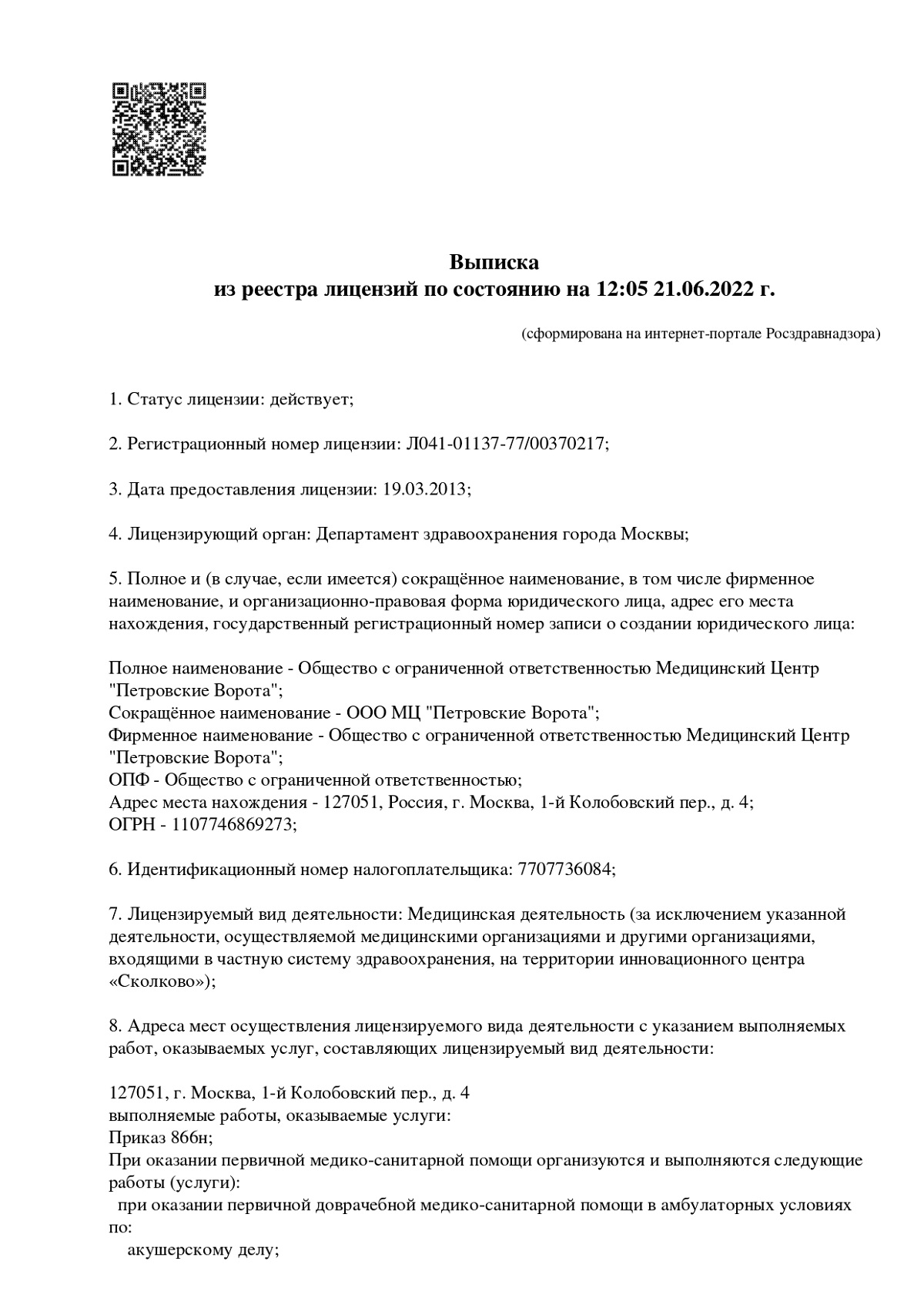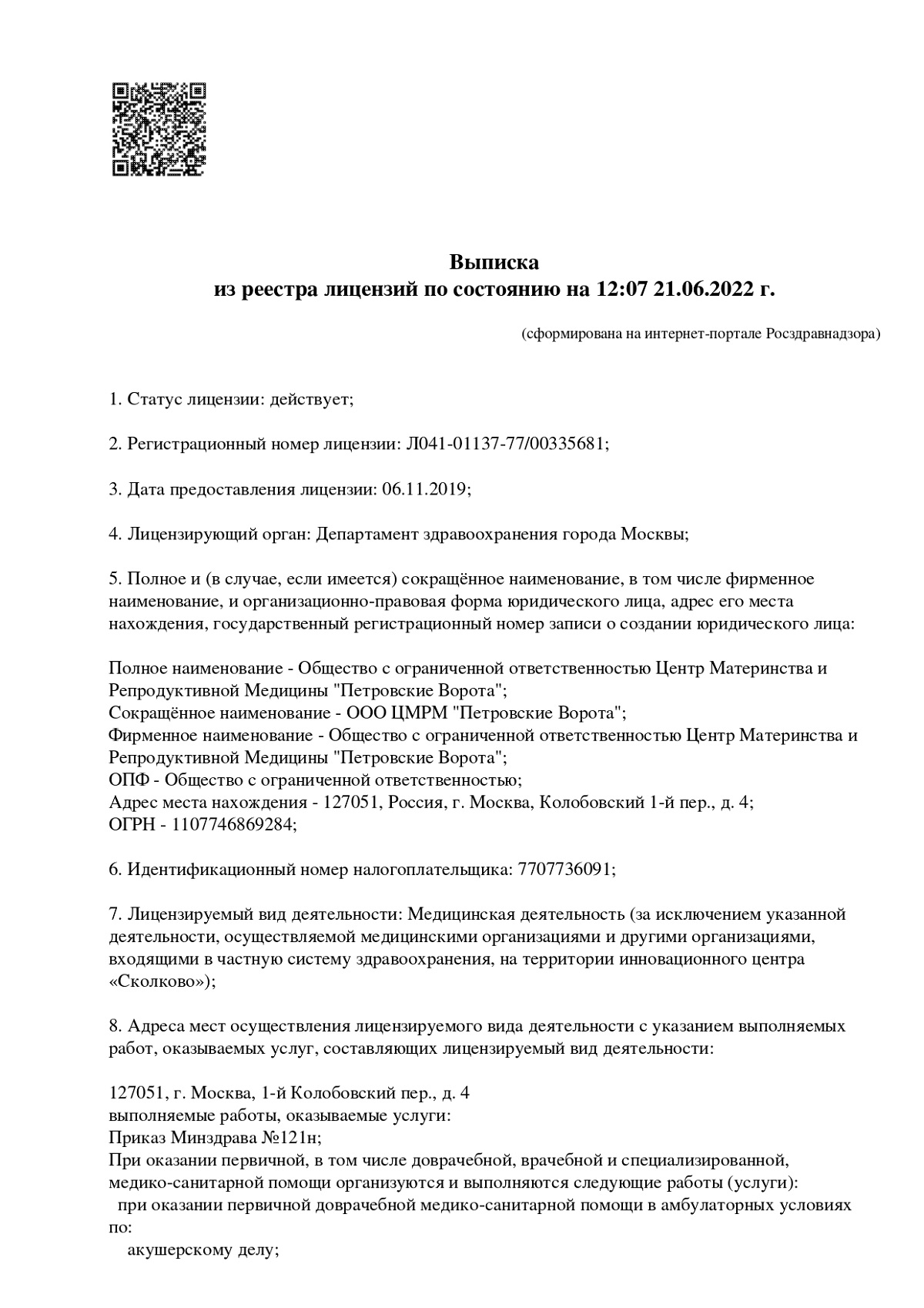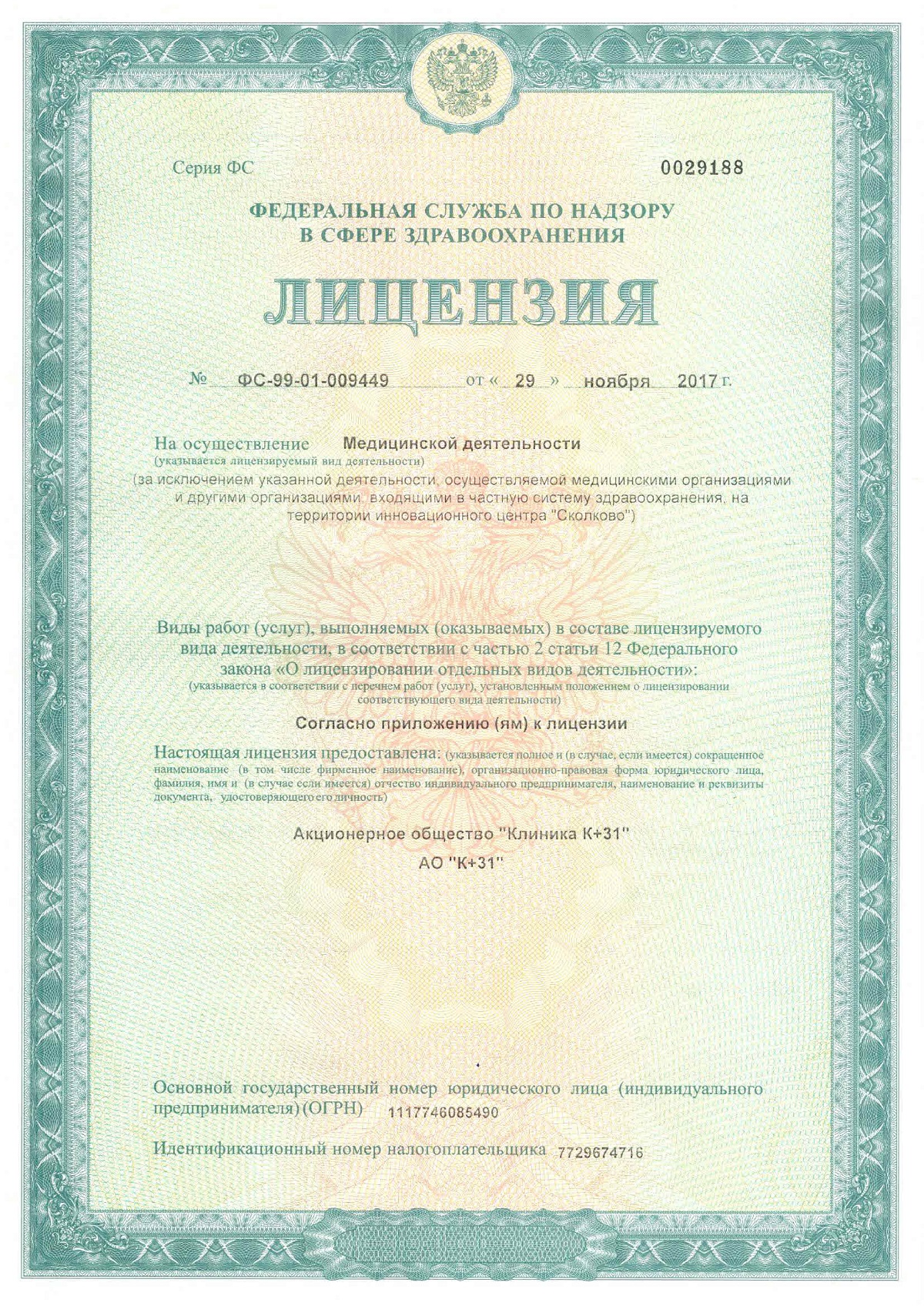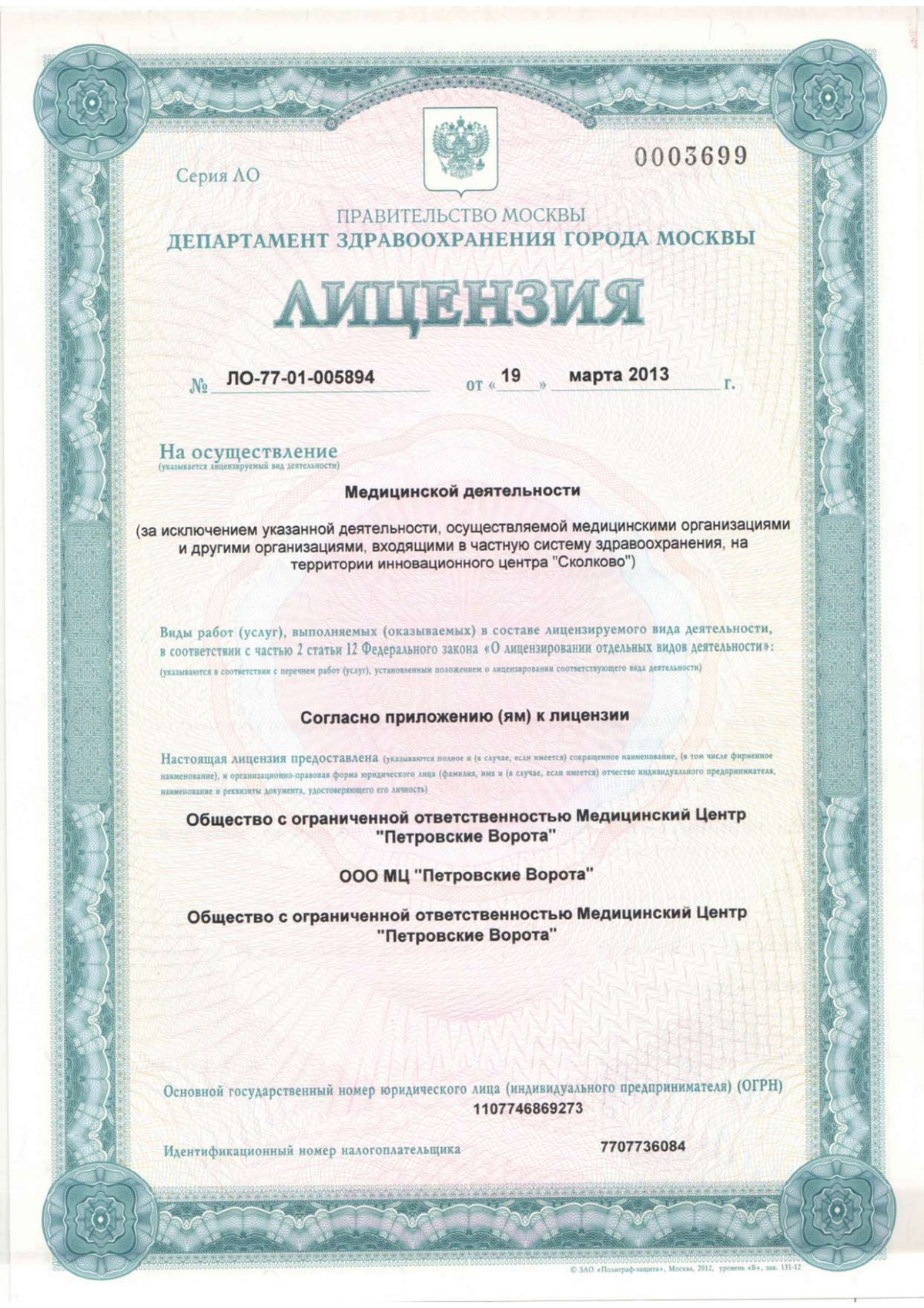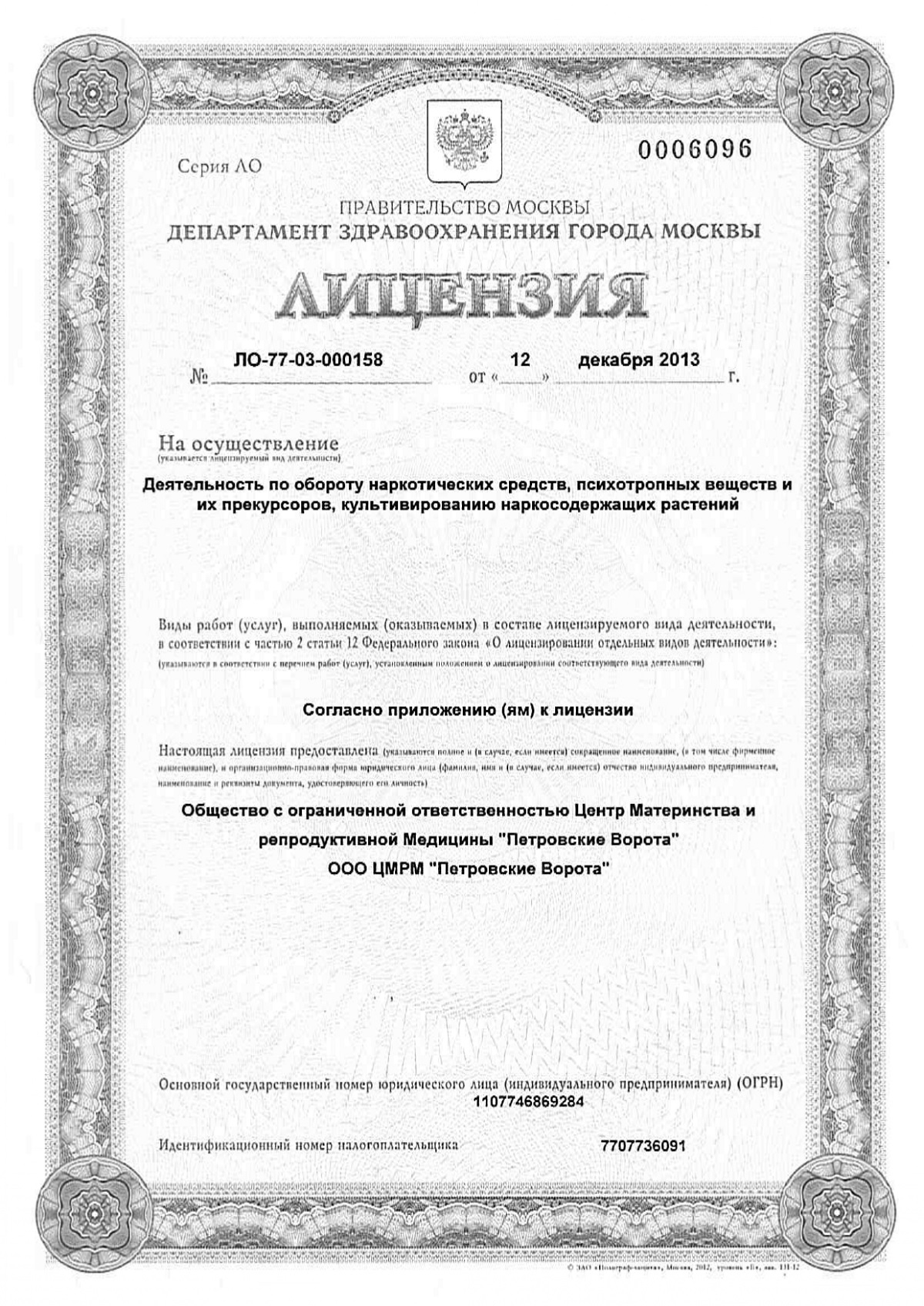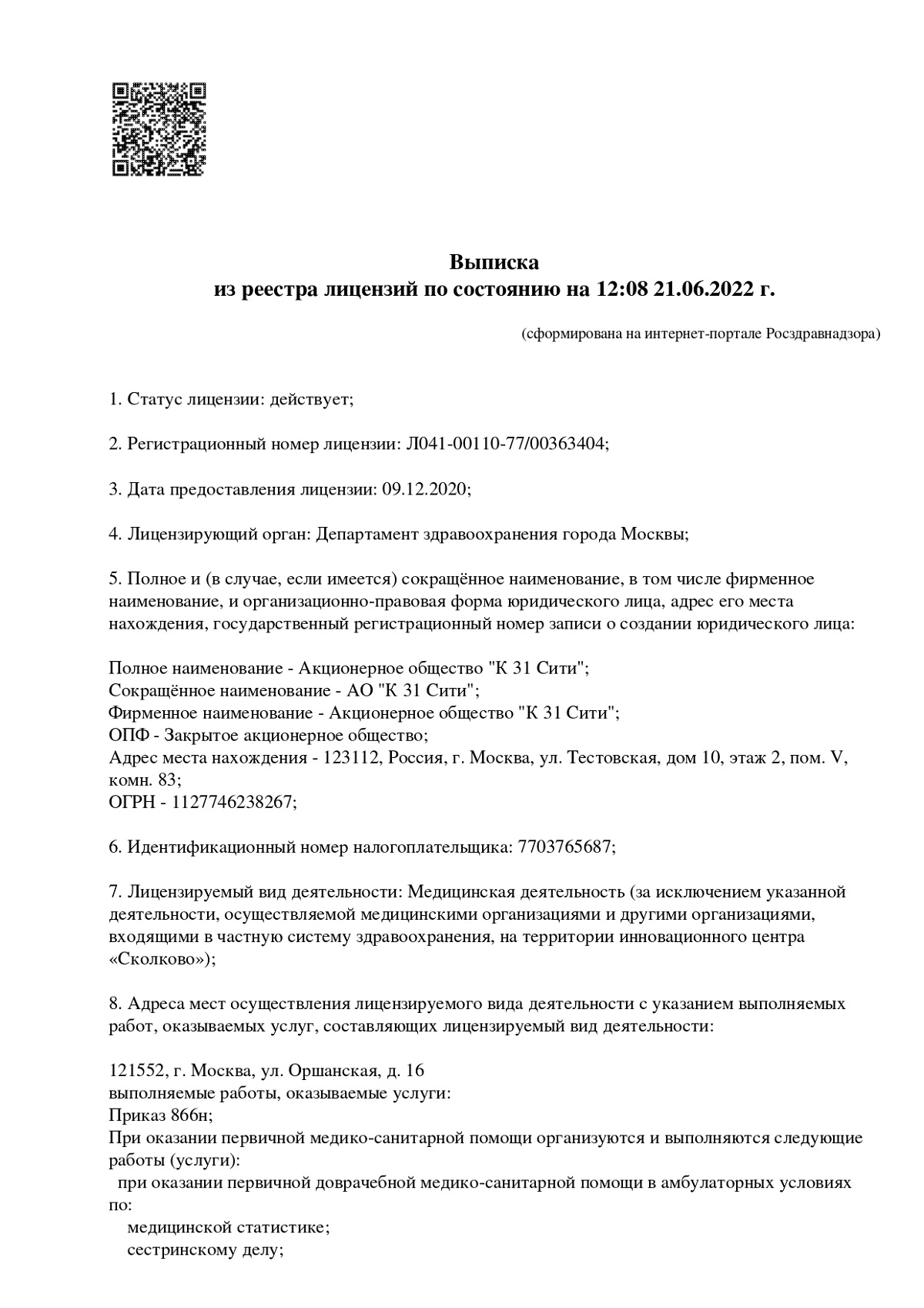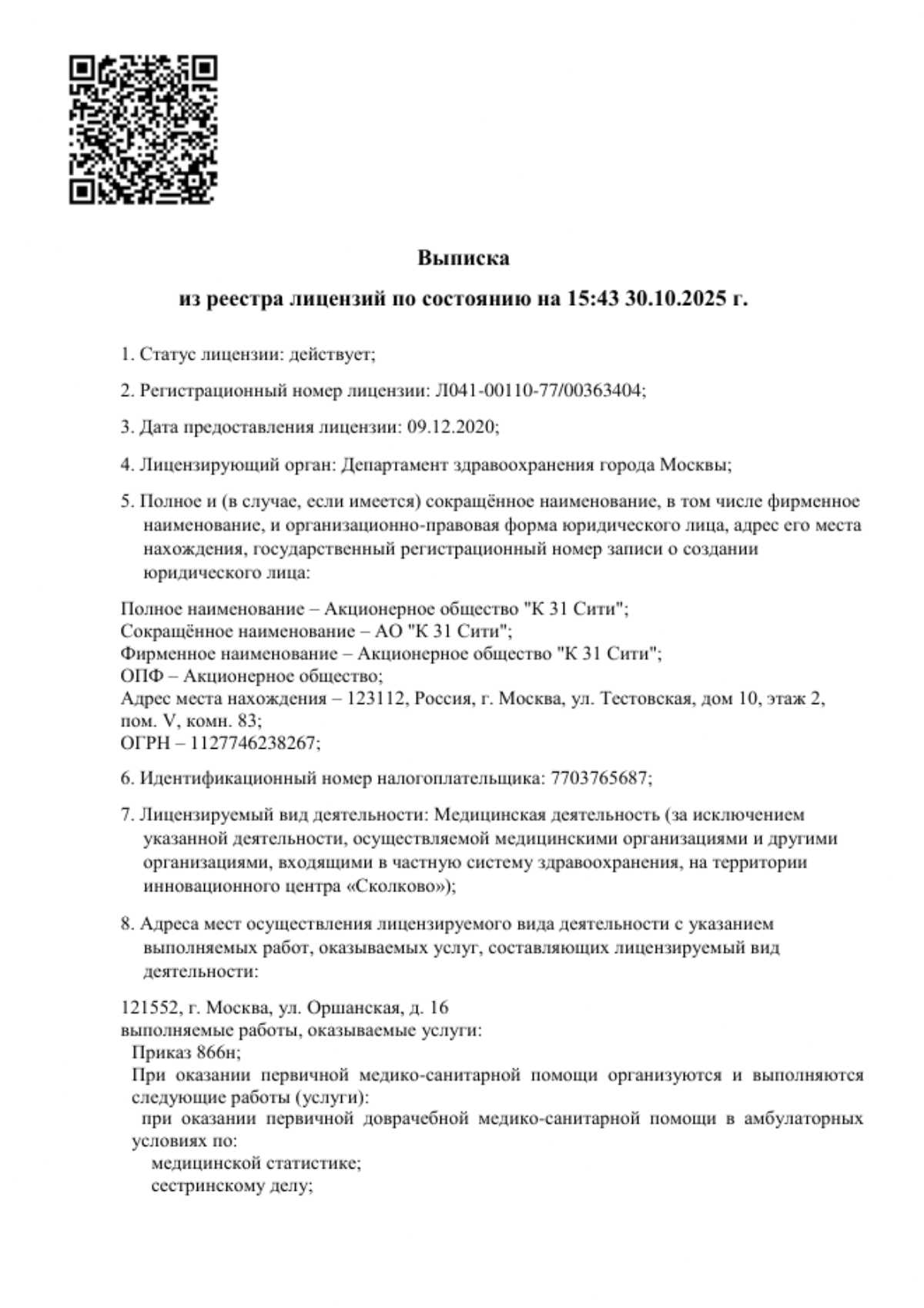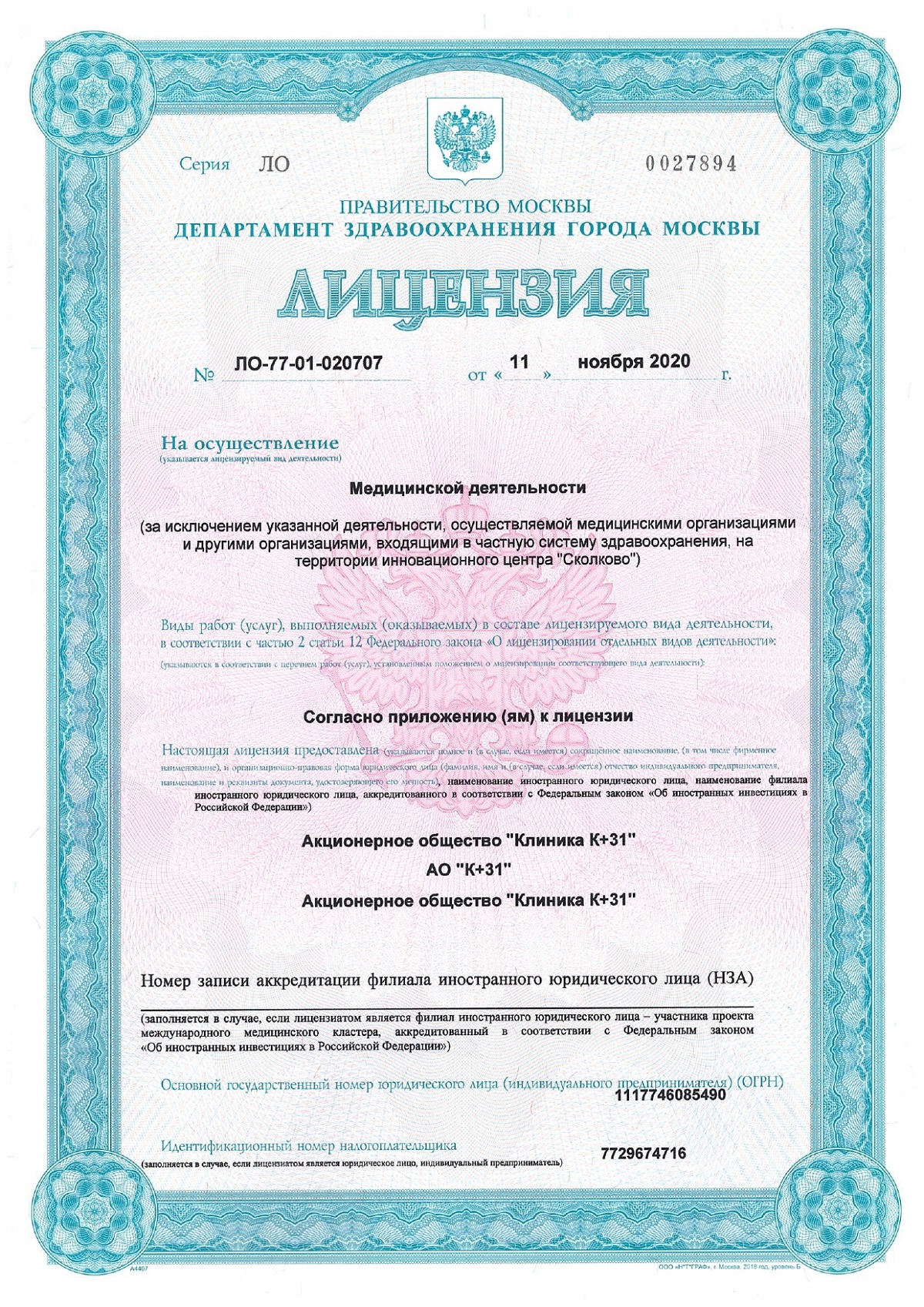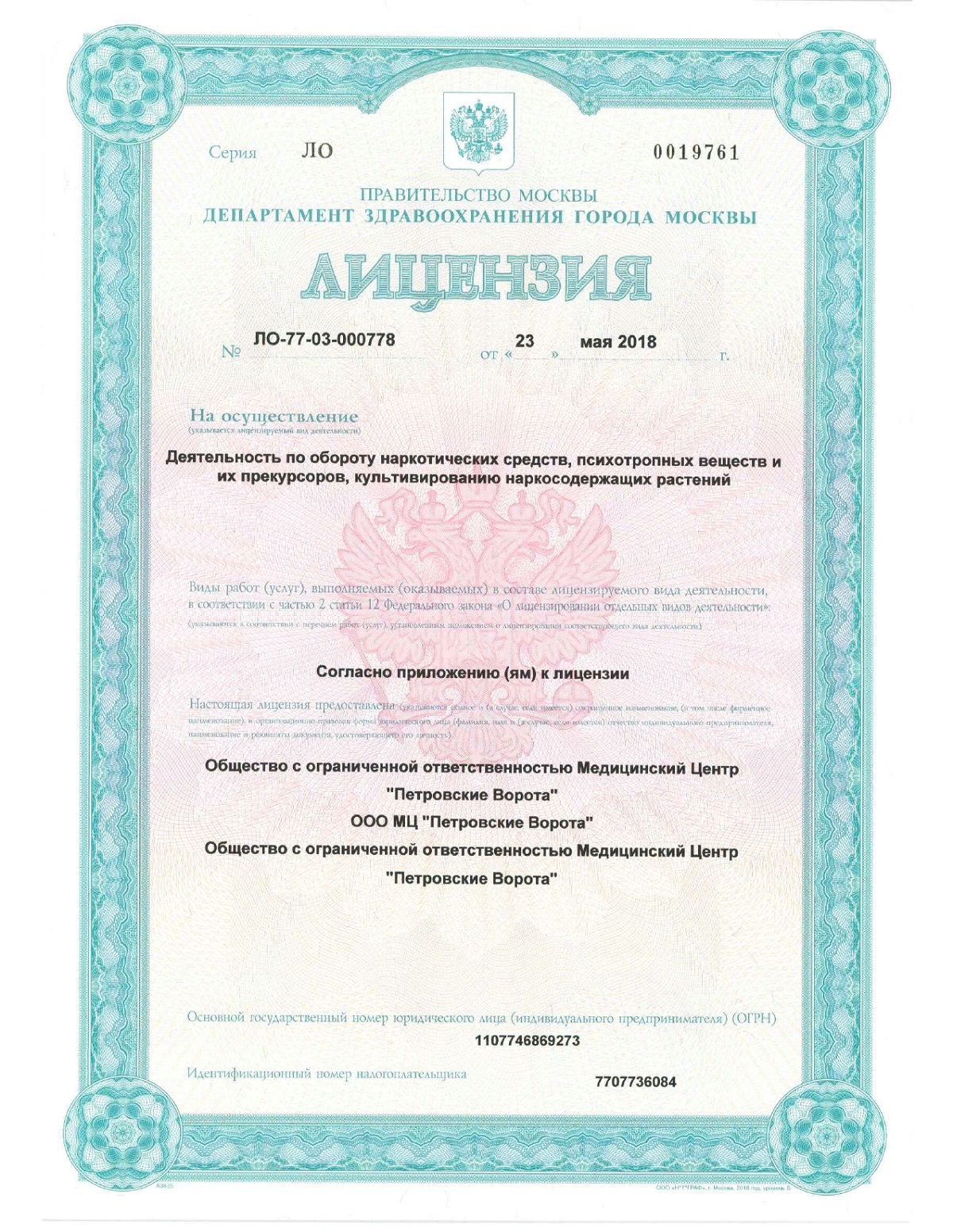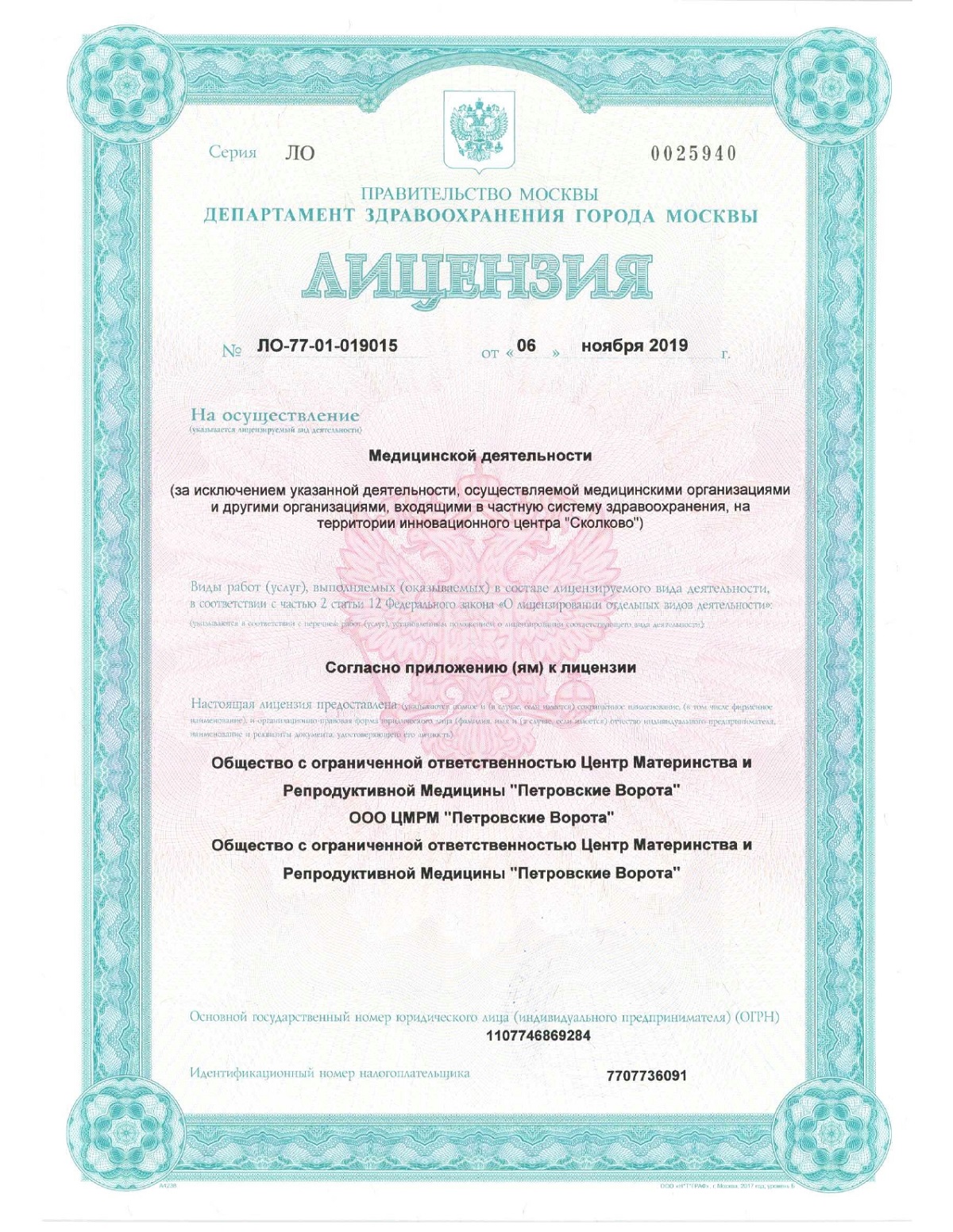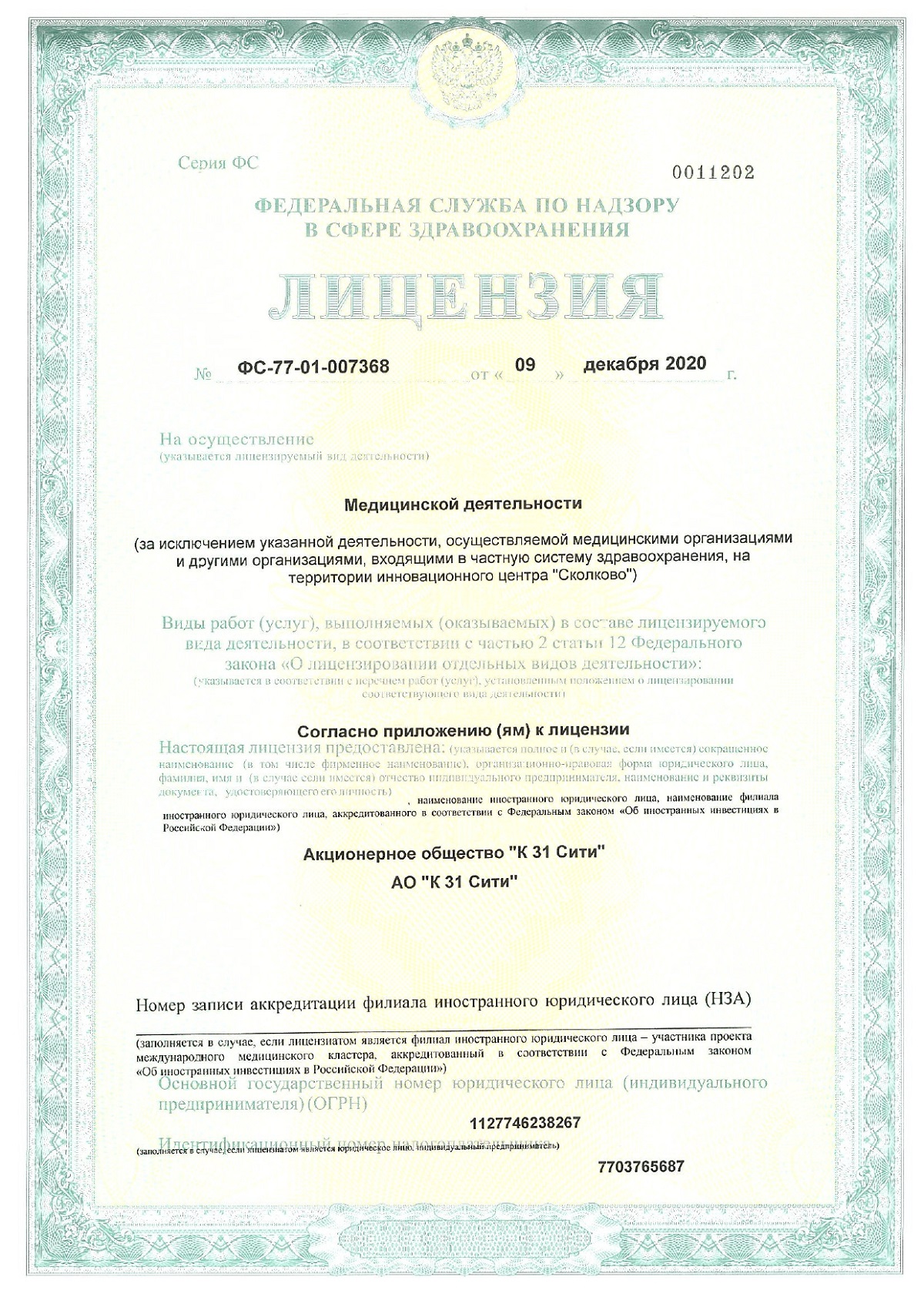Allergology and Immunology
Allergies are a common ailment of our time. In view of the increased number of factors contributing to the development of allergic diseases over the past decades, the number of patients suffering from allergies is also increasing.
Among the most common factors: environmental degradation, changes in the body's immune system, the presence of chemical additives in food products, the progression of endocrine diseases, diseases of the gastrointestinal tract, genetic predisposition to allergic diseases.
Clinical immunology and allergology is a branch of medicine that studies the patterns of the immune system, allergic reactions and diseases, causes, mechanisms of development and manifestations, methods of diagnosis and treatment. Specialists of the Institute of Allergology and Immunology in Moscow conduct all allergological studies and treat patients with various immune-dependent pathologies.
allergists-immunologists

laboratory

immune therapy (ASIT)
Depending on the type of allergy - respiratory, food, skin, drug allergy and other types - the clinical symptoms of diseases are diverse. The most common diseases in allergology are:
- Atopic dermatitis
- Allergic conjunctivitis
- Allergic rhinitis
- Allergy to animals (epidermal allergy)
- Allergy to house dust (house dust mites)
- Allergy to insect bites
- Bronchial asthma
- Urticaria (chronic urticaria)
- Drug allergy
- Food allergy
- Pollinosis (allergy to plants)
Allergy diagnostics in K+31 clicks
The diagnostic search for allergens is often not an easy task. In most cases it is necessary to check a large number of sources on specially assembled laboratory research panels. After a general history (questioning of the patient), the doctor begins to collect an allergic history, the main purpose of which is:
- Determine if there is a hereditary predisposition
- Reveal the relationship between environmental factors and the occurrence of an allergic reaction
- Identify triggers (allergens that cause a reaction)
Having our own high-tech laboratory at K+31 allows you to quickly and thoroughly examine the blood of each patient and identify a complete list of allergens.
As part of the diagnostics, the following are carried out:
- Skin tests for all allergens: pollen, food and household allergens
- Blood test on panel of allergens: food, respiratory, mixed
- Examination of respiratory function
At present, many people are allergic to gluten (gluten) - a protein present in cereals. Gluten allergy should be distinguished from celiac disease - congenital gluten intolerance. Allergic reaction to gluten is an acquired state. Its symptoms are similar to those of gastrointestinal diseases, so an accurate diagnosis is very important.
The doctor prescribes tests:
- For immunoglobulin E
- Scarification (skin) tests
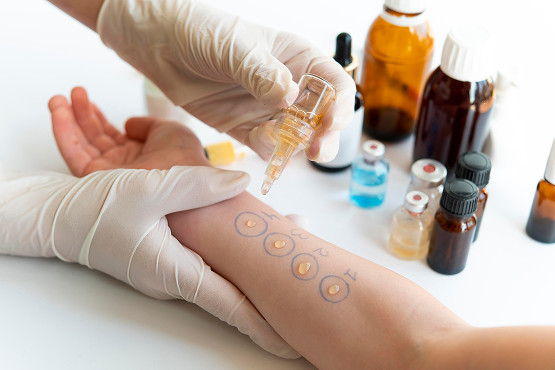
ASIT (allergen-specific immunotherapy) is recommended for symptoms such as:
- Allergic rhinitis
- Hay hay fever
- Bronchial asthma
- As a prevention of nasal polyposis
Depending on the type of allergy, allergen-specific therapy can be both pre-season and year-round. If ASIT is prescribed, the doctors of K+31 clinics make an individual schedule for taking the drugs.
If you need to take tests in Moscow and find out which factor is an allergen for you, make an appointment with a specialist at the Allergology and Immunology Center. We have doctors with extensive experience, among them there are many candidates of sciences. On the clinic's website, you can get an online consultation, make an appointment with an allergist, read our news and patient reviews.

Appointment to the doctor
Make an appointment at a convenient time on the nearest date

This award is given to clinics with the highest ratings according to user ratings, a large number of requests from this site, and in the absence of critical violations.

This award is given to clinics with the highest ratings according to user ratings. It means that the place is known, loved, and definitely worth visiting.

The ProDoctors portal collected 500 thousand reviews, compiled a rating of doctors based on them and awarded the best. We are proud that our doctors are among those awarded.
Price
When the first signs of allergy appear, you should consult an allergist in order to prevent serious consequences, such as Quincke's edema, etc. Self-administration of drugs can also adversely affect the course of the disease.
The main and most popular signs of allergy are:
- Various dermatological rashes
- Swelling, redness and itching of the skin
- Allergic rhinitis (stuffy nose)
- Cough without other signs of infection
- Conjunctivitis, watery eyes and other allergy symptoms
- The presence of congenital defects in immunity - a pronounced deficiency in the protective function of immunity (infections, tumors), or excessive amplification (aggression towards own organs/tissues)
- In secondary immunodeficiencies: life-long acquired defects in immunity
- For unspecified conditions that present with a deficiency in immune system function, including a diagnosis of Primary immunodeficiency, unspecified
- Having an autoimmune disease
- Presence of fever of unknown origin
- In the presence of pathologies that are highly likely to have an immune nature (including atypical ones that are resistant to standard therapy)
- For a second opinion when it is difficult to make a diagnosis by other specialists
- Frequent infectious episodes (not SARS) - sinusitis, otitis media, bronchitis / pneumonia, skin abscesses, recurrent infection caused by herpes simplex virus 1, 2 types (labial/genital herpes)
- Fever of unknown origin, intermittent fever with no apparent cause
- Rash of unknown origin, especially hemorrhagic (frequent bruising, spontaneous, epistaxis)
- Articular syndrome is a symptom complex that occurs when the joints and periarticular soft tissues are affected
- Various systemic disorders of the kidneys, liver, gastrointestinal tract, etc.
- Identification of infections that are impossible in a healthy person (candidiasis, pneumocystis and other infections)
- Careful history taking, detailed medical history
- Physical examination, especially if there are skin manifestations
- Basic laboratory diagnostics: complete blood count, iron and vitamin levels
- Molecular biological diagnostic methods (sequencing, including NGS, PCR, cytogenetics, MPLA)
- In some cases, instrumental diagnostics may be required: ultrasound, endoscopy, radiation diagnostics
The doctor of clinical immunology does not conduct an analysis for "immunity", "leukocyte sensitivity", since such studies do not have a sufficient evidence base and cannot help the immunologist prescribe the appropriate treatment.
What treatment methods does the immunologist use?
-
Drug therapy.
The immunologists of the K+31 clinic use only those drugs that, according to the results of clinical trials, have 1-3 levels of evidence. These may include:
- Antibacterial agents
- Targeted antivirals (against a specific virus)
- Antifungal medications
- Antiprotozoal drugs
- Anti-pneumocystis drugs
- VVIG
- Immunosuppressive therapy, including targeted (monoclonal antibodies)
No "immunomodulators" or "immune-boosting" drugs are used
- More invasive treatments, which may include hematopoietic stem cell transplantation for the treatment of primary immunodeficiency (performed in specialized centers by doctor's prescription).
- ASIT allergen-specific immunotherapy is a method of treating allergies, which consists in desensitizing the body to small doses of the allergen.
- An immunologist can carry out treatment together with rheumatologists, allergists, pulmonologists, general practitioners, and in some cases gynecologists.

